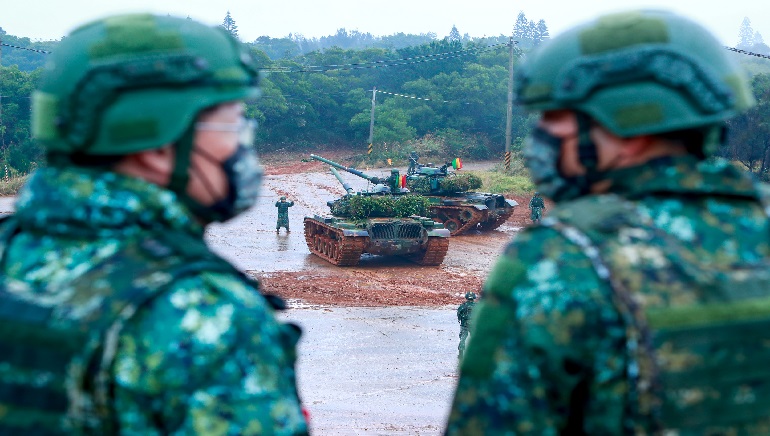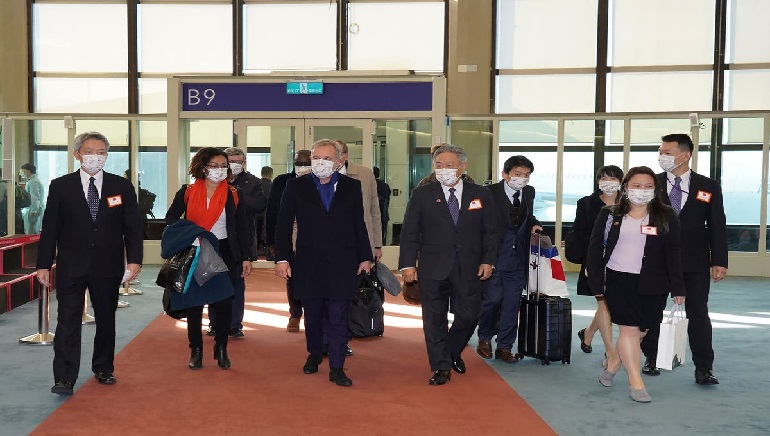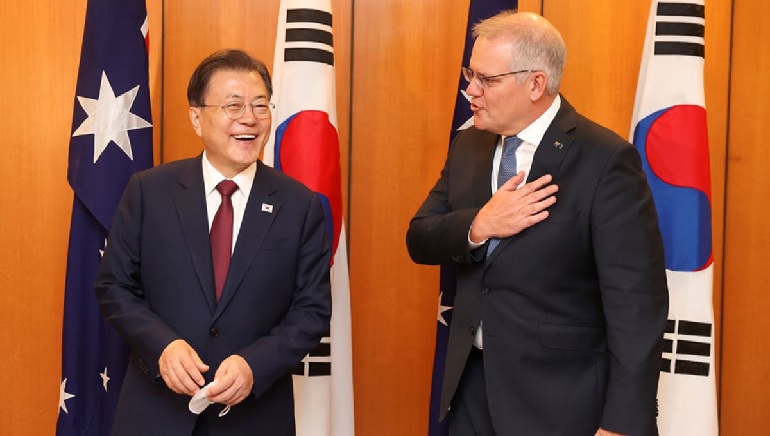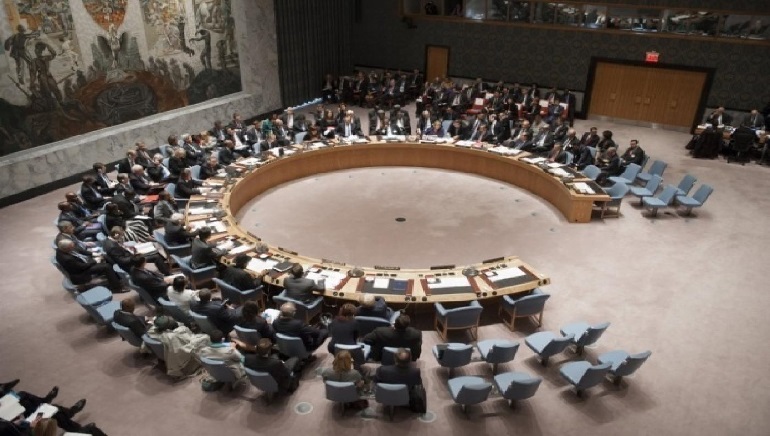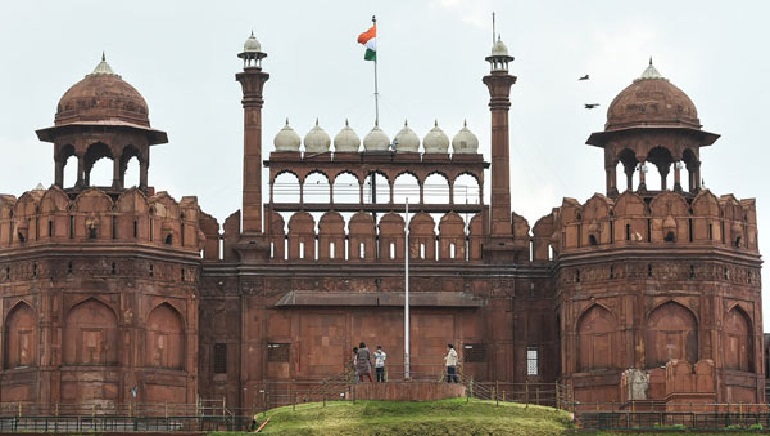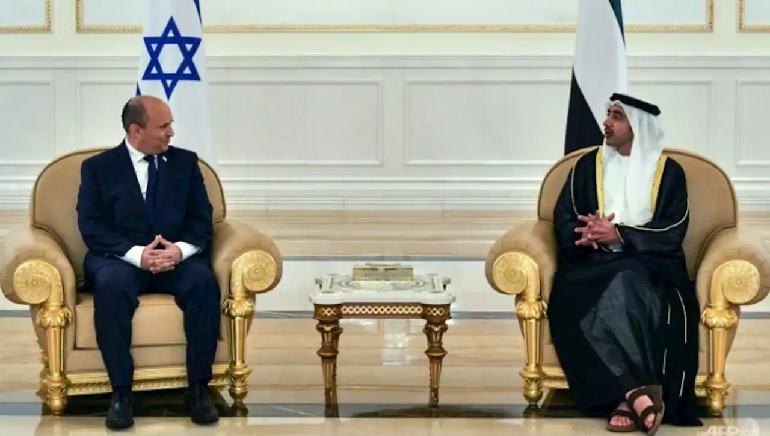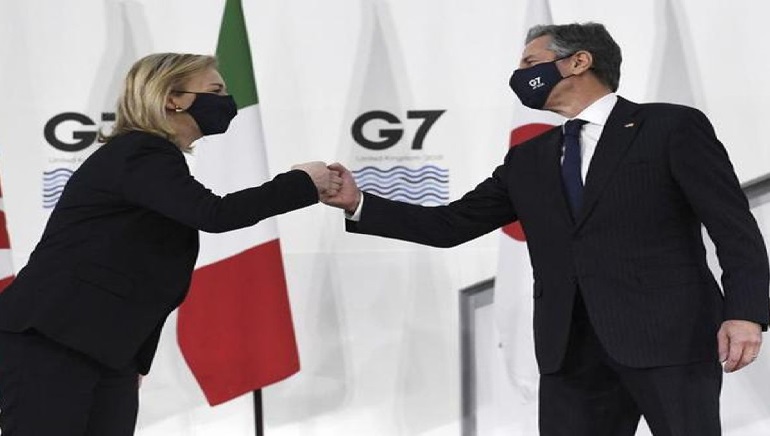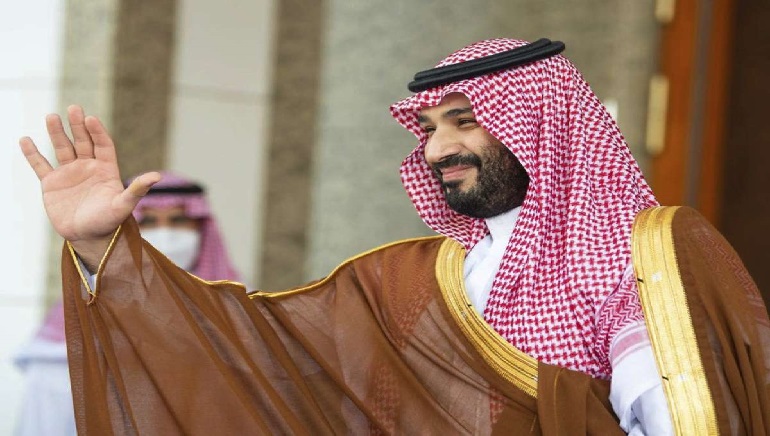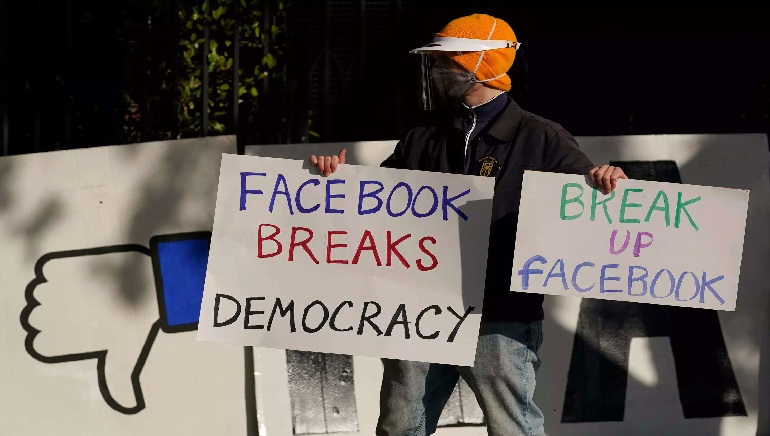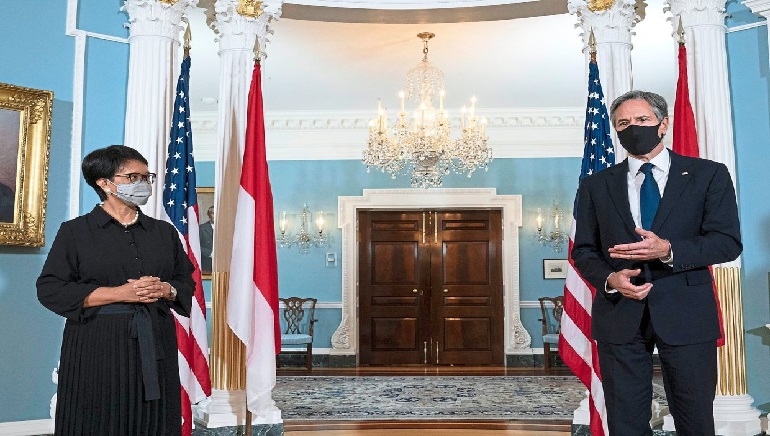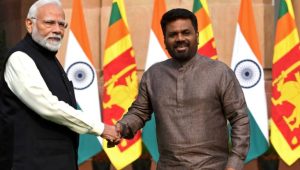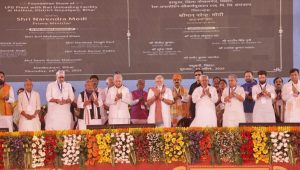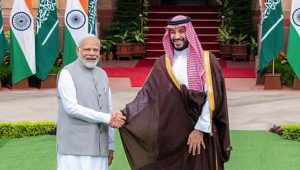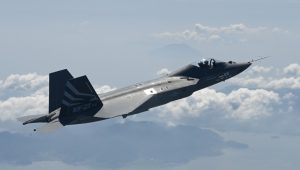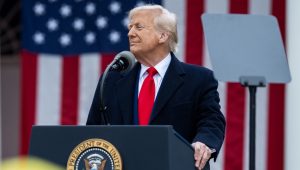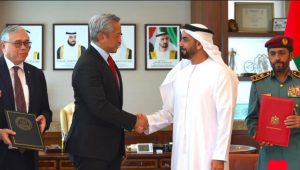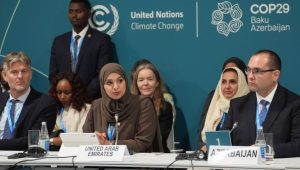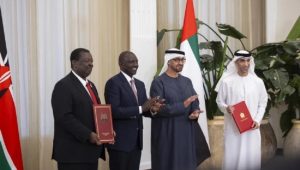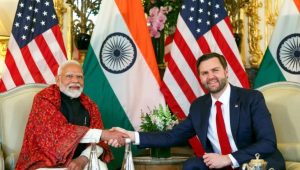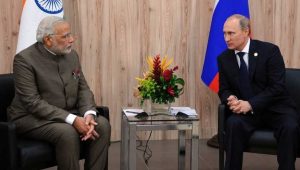A Beijing official warned on Wednesday that China will take “drastic measures” if Taiwan makes move towards Independence, adding that Taiwan’s provocations and outside meddling could intensify next year.
China claims that the democratically governed Taiwan is its own territory, and in the past two years has stepped up military pressure to assert its claim. China was willing to try its utmost to seek peaceful reunification with Taiwan, but would act if any red lines on independence were crossed, said Ma Xiaoguang, spokesman of the Taiwan Affairs Office, in a media briefing.
Xiaoguang further added If separatist forces in Taiwan seeking independence provoke, exert force or even break through any red line, China will have to take drastic measures.
Beijing has sent repeated air missions over the Taiwan Strait to pressure Taiwan. It has said it will not give in to threats. Xiaoguang said that next year, the Taiwan Strait situation will become more complex and severe.
Taiwan has emerged as a key factor in strained relations between Taiwan and the United States, which recognises only one China.
The defeated Republic of China government fled to Taiwan in 1949, after losing a civil war with the Communists, who established the People’s Republic of China.





